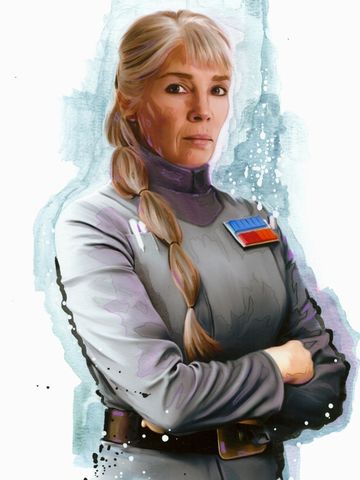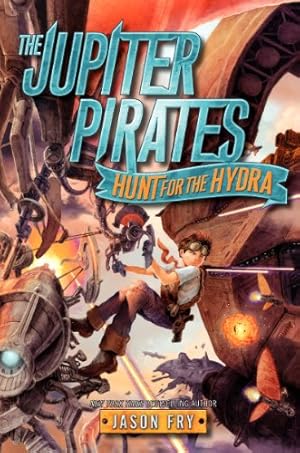There’s been a lot of talk since last week’s news about the Expanded Universe – talk that ran the gamut from ecstasy to outrage. Some folks have been excited to see the end of the EU that they feel has gone downhill over the past several years, or even become too bloated to sustain. Others are so upset by the loss of their cherished stories that they cannot see themselves continuing onward in the fandom. We’ve even seem some who say “finally! Now that the EU’s starting over, I can start reading books without feeling lost.”
Personally, we’re more inclined to feel a profound sense of loss at this decision. For us, the EU has always been the essence of Star Wars. While we had enjoyed the original films before reading any of the books, it was the Expanded Universe that made us a fan and that kept our interest long after. The stories of Rogue Squadron, Thrawn’s shenanigans, the foundation of the Jedi Academy, and the bright promise of the Solo kids: these were our earliest and fondest Star Wars memories. Even after the prequels, the ups and downs of the NJO, and our decided disenchantment with what came after, we still looked at those original stories with fondness. If anything, the announcement has made our affection for the old EU even stronger.
Today, though, we’re here to talk about the future. It’s been long enough now that most people have come to terms with what’s happened: either feeling a sense of loss or optimism, but the strongest harshest feelings have had time to mellow out. What we want to present is a sober-minded assessment of where we are, and what this really means. Our basic feeling is this: the post-ROTJ EU is on seriously shaky ground depending on the specifics of the films and its status won’t be clear for some time, but it is highly likely that the pre-film EU (particularly KOTOR) will get recanonized without a hitch and that much background continuity (e.g., the name of the Bothan homeworld) will be recanonized by reference too. That said, there’s still cause for concern: until we get there, we have tremendous uncertainty what’s still canon and there’s no guarantee that all the little bits and pieces that comprised the grand tapestry of the EU can possibly be brought back. That’s something worth being concerned about.
 One doesn’t go into Star Wars: Empire and Rebellion: Honor Among Thieves expecting earth-shattering events. The novel is part of a series set between A New Hope and The Empire Strikes Back, so there’s a limited scope of action. Luke can’t display any dazzling Force feats, because he still struggles with telekinesis in ESB. Han can’t fully commit to the Rebellion or romance Leia, because that hasn’t happened yet either. Leia still has room to be a Rebel leader and diplomat, but the scale of the Rebellion’s successes still has to be pretty small since they’ve just won their first truly major victory. So all in all, it can’t be very interesting, can it? The first book in this series, Razor’s Edge, was at least Leia-centric in a way that novels haven’t been for a long time, but a Han-centric book between the first two films surely has got to feel like a retread.
One doesn’t go into Star Wars: Empire and Rebellion: Honor Among Thieves expecting earth-shattering events. The novel is part of a series set between A New Hope and The Empire Strikes Back, so there’s a limited scope of action. Luke can’t display any dazzling Force feats, because he still struggles with telekinesis in ESB. Han can’t fully commit to the Rebellion or romance Leia, because that hasn’t happened yet either. Leia still has room to be a Rebel leader and diplomat, but the scale of the Rebellion’s successes still has to be pretty small since they’ve just won their first truly major victory. So all in all, it can’t be very interesting, can it? The first book in this series, Razor’s Edge, was at least Leia-centric in a way that novels haven’t been for a long time, but a Han-centric book between the first two films surely has got to feel like a retread. Recently on the Imperial Court Circular, we’ve discussed
Recently on the Imperial Court Circular, we’ve discussed  We’ve got a bit of an interesting case on our hands in that the “What Star Wars Can Learn From . . .” series here at Eleven-Thirty Eight generally tends to focus on other franchises entirely disconnected from Star Wars. The Jupiter Pirates: The Hunt for the Hydra is a brand-new novel by veteran Star Wars writer and esoterica enthusiast
We’ve got a bit of an interesting case on our hands in that the “What Star Wars Can Learn From . . .” series here at Eleven-Thirty Eight generally tends to focus on other franchises entirely disconnected from Star Wars. The Jupiter Pirates: The Hunt for the Hydra is a brand-new novel by veteran Star Wars writer and esoterica enthusiast 